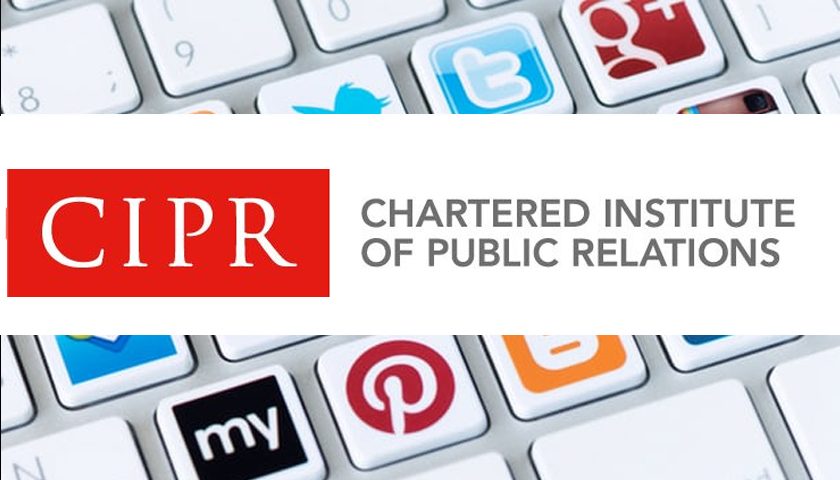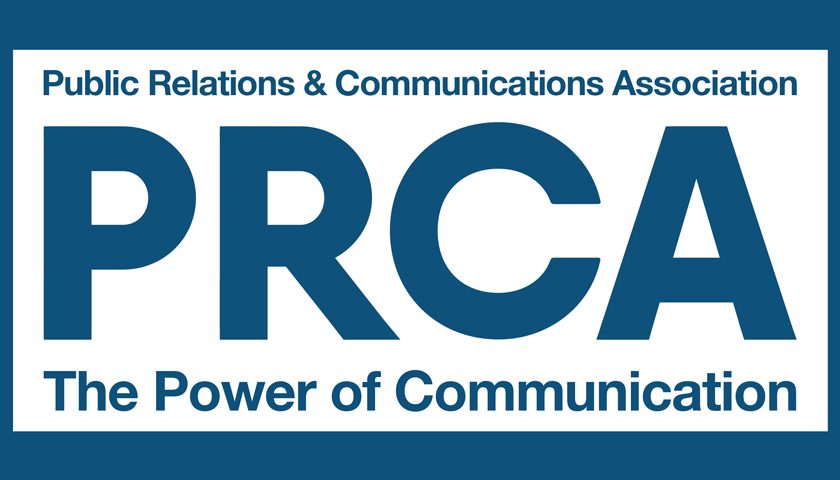An independent body should regulate digital companies and have the ability to impose fines on those that breach their duty of care according to a joint Department for Culture Media and Sport and Home Office report. The long-awaited Online Harms White Paper echoes recent calls for tougher regulation including from the House of Lords ‘Regulating in a Digital World’ report and DCMS’s report on fake news and disinformation.
The Paper calls for digital companies to outline measures they are taking to ensure a duty of care through signing up to a code of practice as well as a series of proposals to tackle the prevalence of harmful content, including “false or misleading information”. These measures include social media companies having to submit annual ‘transparency reports’ report on the levels of this content on their platforms.
Several of the main PR and Marketing associations have commented:
This Paper is a welcome addition to the conversation around tackling the ills of harmful online content and the spread of disinformation online. The paper accepts that self-regulation has failed. It is therefore right that the law addresses this in a way that allows it to keep pace with advances in the digital world and ensure tech companies operate freely, but regulated to a clear set of standards expected of any other kind of business.
Jon Gerlis, CIPR Senior Policy Officer
“Today’s Online Harms White Paper builds on the political consensus around online safety, public concern, and the need to ‘rebuild’ public confidence. The question of online platform regulation touches on sensitive subjects such as freedom of speech and our shared desire to keep people (especially children) safe online. The devil is in the detail here and the Government itself argues that voluntary action from the industry has not ‘gone far enough’. While most people would support the intentions behind this White Paper, if all of these online harms are not clearly defined then the consequence would be far larger than intended.”
Public Relations and Communications Association (PRCA) Director General, Francis Ingham


